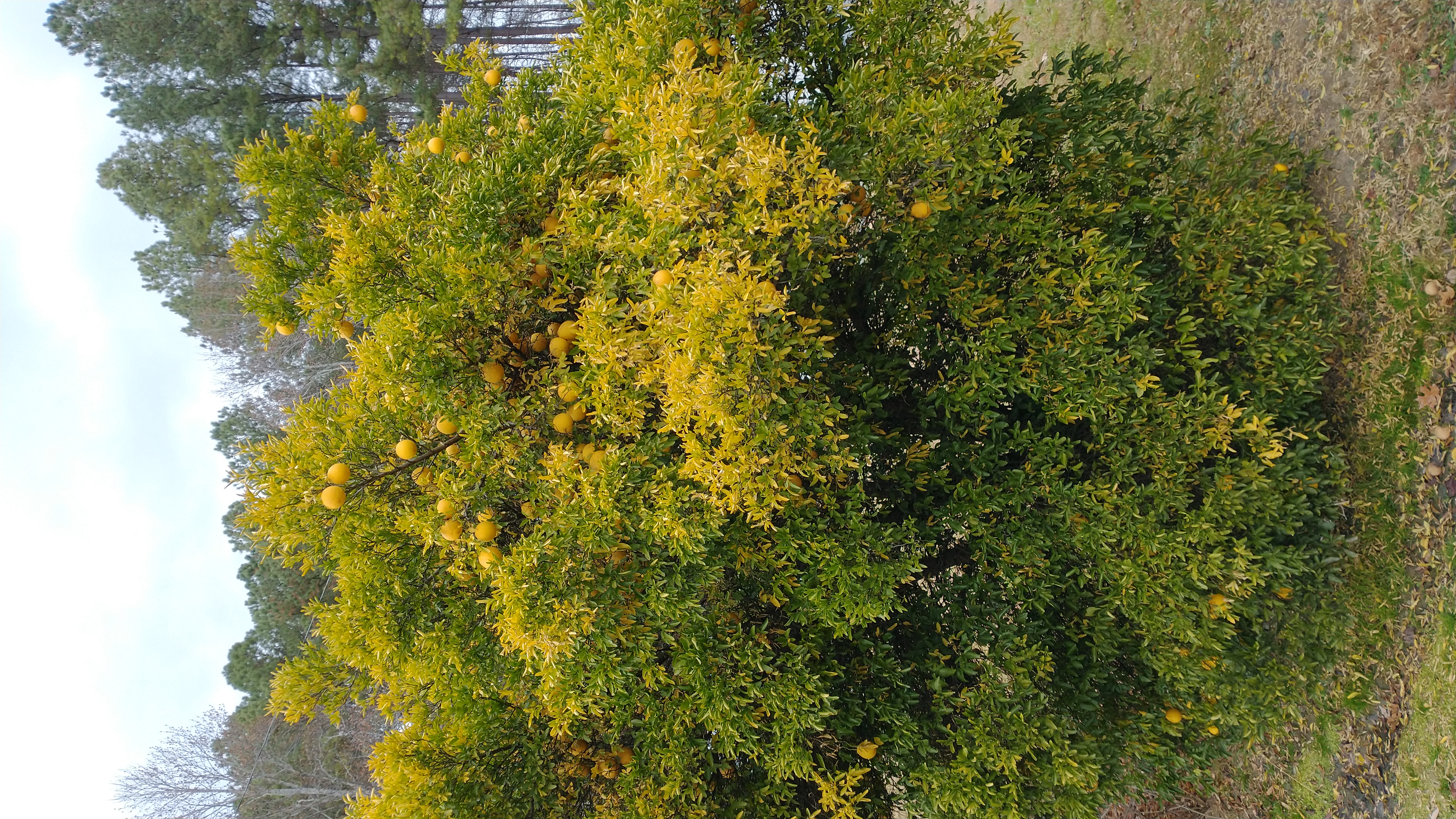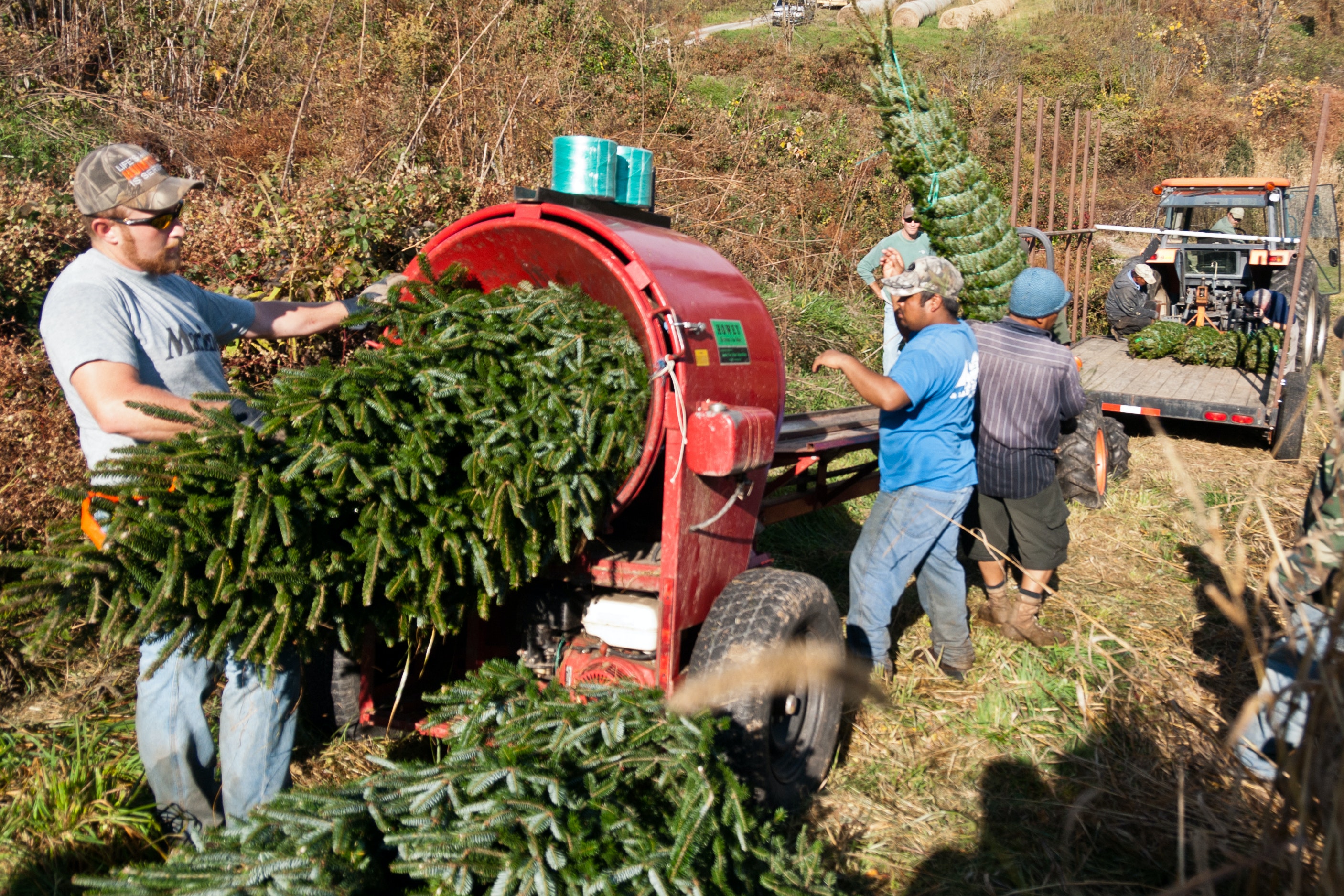County Extension Answers Seasonal Questions
go.ncsu.edu/readext?838059
en Español / em Português
El inglés es el idioma de control de esta página. En la medida en que haya algún conflicto entre la traducción al inglés y la traducción, el inglés prevalece.
Al hacer clic en el enlace de traducción se activa un servicio de traducción gratuito para convertir la página al español. Al igual que con cualquier traducción por Internet, la conversión no es sensible al contexto y puede que no traduzca el texto en su significado original. NC State Extension no garantiza la exactitud del texto traducido. Por favor, tenga en cuenta que algunas aplicaciones y/o servicios pueden no funcionar como se espera cuando se traducen.
Português
Inglês é o idioma de controle desta página. Na medida que haja algum conflito entre o texto original em Inglês e a tradução, o Inglês prevalece.
Ao clicar no link de tradução, um serviço gratuito de tradução será ativado para converter a página para o Português. Como em qualquer tradução pela internet, a conversão não é sensivel ao contexto e pode não ocorrer a tradução para o significado orginal. O serviço de Extensão da Carolina do Norte (NC State Extension) não garante a exatidão do texto traduzido. Por favor, observe que algumas funções ou serviços podem não funcionar como esperado após a tradução.
English
English is the controlling language of this page. To the extent there is any conflict between the English text and the translation, English controls.
Clicking on the translation link activates a free translation service to convert the page to Spanish. As with any Internet translation, the conversion is not context-sensitive and may not translate the text to its original meaning. NC State Extension does not guarantee the accuracy of the translated text. Please note that some applications and/or services may not function as expected when translated.
Collapse ▲Several interesting questions came into the N.C. Cooperative Extension, Caldwell County Center this week. I’d like to share three of them with you. I hope you find these questions and answers helpful.
Question: Is it possible to apply too much lime to my lawn?
Answer: Yes, it is possible to over lime. Lime, also known as calcium carbonate, raises the soil pH. This makes the soil less acidic (or more basic). The measure of pH ranges from 0 to 14 with 7 being neutral. Ideal soil pH for lawns in Caldwell County is 5.8 to 6.5. When soil pH is above or below the optimal range, weeds and disease are more likely to be an issue.
Over the last three years, 401 lawn soil samples from Caldwell County have been analyzed. The summary of these soil tests show 33% of the samples were in the proper pH range, but 28% of the lawn samples submitted had pH values above the optimal range. The highest lawn soil pH over the last three years in Caldwell County was 7.6.
Over time, North Carolina soils become more acidic. Lime is used to raise the pH to keep it in the optimal pH range, yet it is possible to over apply lime. This is expensive and counterproductive to a healthy lawn. The NC Department of Agriculture offers free soil testing from April through November. During the peak season of December through May, soil samples are $4 per sample.
Question: What are the two trees growing next to highway 321 just north of Lenoir? They look like lemon trees. They have big, bright yellow fruit hanging from the limbs and on the ground.

This is one of a pair of trifoliate orange trees on Hwy 321 just north of Lenoir. The bright yellow fruit are an unusual sight in Caldwell County. (credit: Sarah Christas, N.C. Cooperative Extension Agent)
Answer: These trees are not lemon trees. The trees are hardy oranges, or trifoliate oranges. The scientific name is Poncirus trifoliata. These trees are native to Central and Northern China. They can survive freezing temperatures.
Although the trifoliate orange is not in the Rutaceae, or citrus, family, they are a close relative. Besides the bright yellow fruit, trifoliate orange trees also have sharp thorns. Named cultivars and hybrids of the trifoliate orange exist. The more popular varieties for home owners are dwarfed species. Most of these have interesting curved thorns which look very intimidating. These can be planted as a hedge or planted individually. Although these are interesting plants, they can be invasive. Trifoliate orange tree sales are restricted in California, Texas, Florida, Arizona, Puerto Rico, and Europe.
Question: We are going to get a real live Christmas tree for the first time this year. What advice do you have to keep the tree looking its best?

Christmas trees being harvested and baled for wholesale distribution. (credit: Photo by Mark Stebnicki from Pexels)
Answer: Follow these tips to keep your tree hydrated and looking its best.
- Use a tree stand that holds at least a gallon of water.
- Cut at least ½-inch off the trunk of the tree. That is so the tree will take up water easier. If you need to store the tree before setting it up in the home, put it in the shade in a bucket of water.
- Check the water level every day to be sure there is enough and that the tree is taking up water. Trees that were very cold when placed in a stand may take some time to take up water again. Don’t add anything to the water. All the tree needs is fresh water.
- Display the tree away from heat sources. Unplug the lights when you leave the house and when you go to sleep at night.
- If the tree isn’t taking up water, make another fresh cut on the stump. If you can’t do this, then drill a series of holes around the trunk below the water line.
- Fraser fir trees can stay fresh indoors for 40 days. However, if your tree dries out, take it outside.
If you have agricultural questions, visit us any time at caldwell.ces.ncsu.edu or contact us during normal business hours at the N.C. Cooperative Extension, Caldwell County Center at 828-757-1290.
# # #
— Seth Nagy is the Caldwell County Cooperative Extension director. The N.C. Cooperative Extension, Caldwell County Center, 120 Hospital Ave. NE, #1 in Lenoir, provides access to resources of NC State University and N.C. A&T State University through educational programs and publications.




